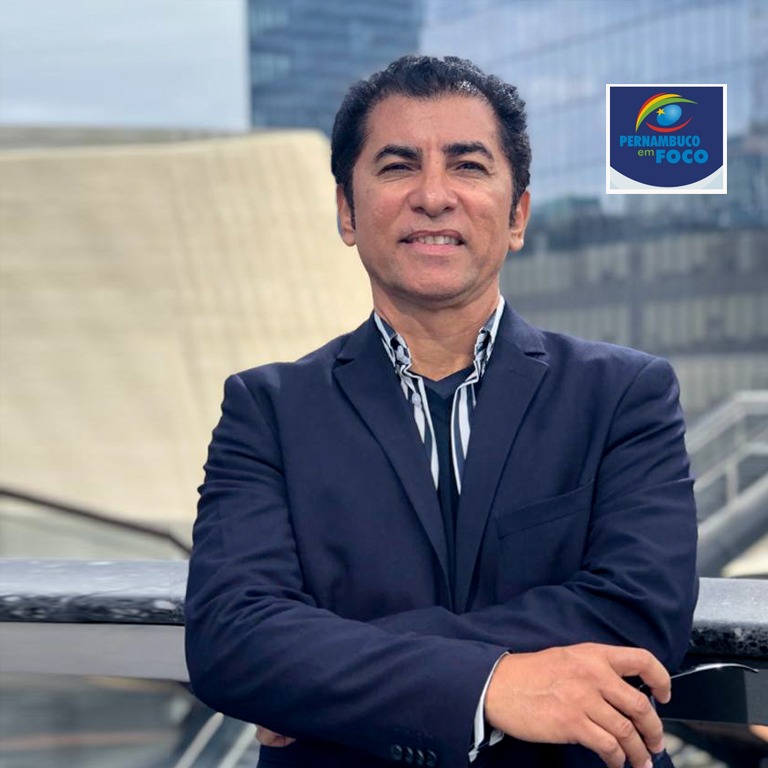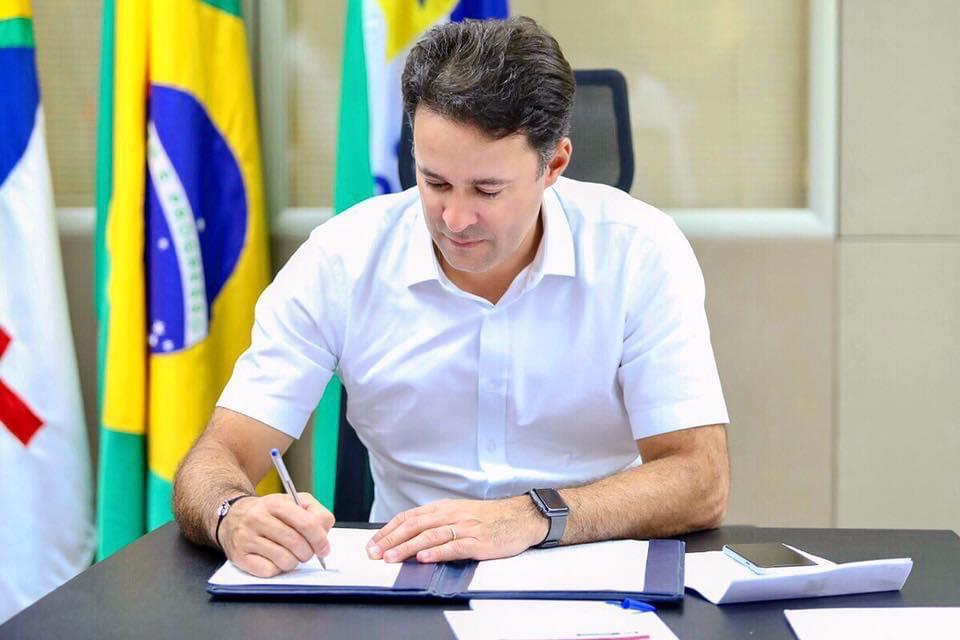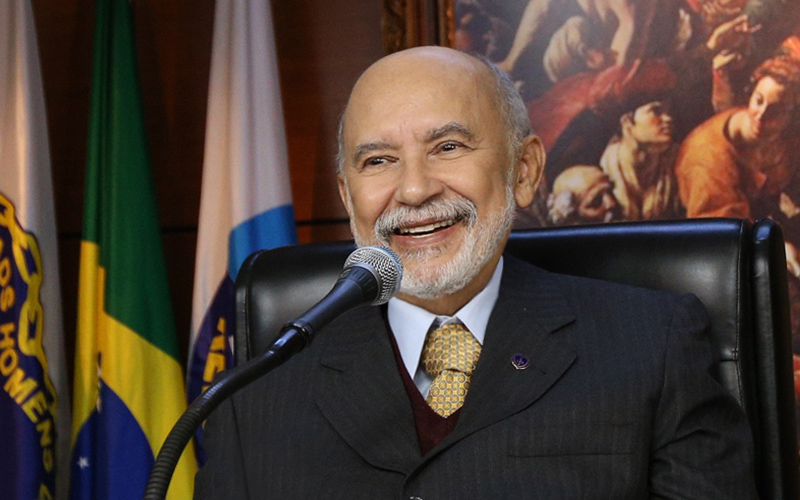From Brasilia, Brazil.
It’s difficult for anyone to be totally objective, especially when they feel insecure, or lack understanding, or don’t have accurate information about something crucial to their life.
For humans, it is sometimes easier to trust instincts and beliefs and let expectations influence observation, because when you do not have the exact understanding of something, you work with what is most familiar.
This means that what is familiar to us is often also influenced by our previous experiences, and our current level of knowledge about the action we should take or about the omission, that is, what we fail to do when we should act.
Making decisions based on prejudice is often problematic, as it can perpetuate intuitive thinking and lead us to make inappropriate predictions or modifications in our practical journey and our real world.
So what protects us and acts as a firewall against most of the mistakes a human being makes? What protects us is the knowledge we have or acquired. There are different knowledges. One is objective knowledge, that is, knowledge that you hold about a certain object or person, based on irrefutable evidence, not just circumstantial evidence.
This objective knowledge can also be called scientific knowledge. It is quite different from subjective knowledge, which is based on personal instincts and beliefs, and no proof is required. That’s what the person thinks or believes, even if that person doesn’t have any proof for that. Which of the two species do you find more error-prone? Which of the two species is more prone to prejudiced ideas?
What is the relationship between objective and subjective knowledge and political corruption? Yeah, well! Know that, in ours societies, ruled by objective knowledge no one will be obliged to do or not to do something, except by virtue of the law. Why Law? Because it is the objective knowledge that governs the conduct of human beings in the society in which we live.
The Law in a generic sense covers everything: constitution, constitutional amendments, complementary laws, ordinary laws, decrees, normative instructions, ordinances, etc. In each of these pieces mentioned there may be commandments (legal commands) that determine what someone cannot do, under penalty of receiving, in return, a punishment from the State.
For example, the Penal Code says in its article 312 that “Appropriating the public official of money, valuables or any other movable property, public or private, that he has possession by reason of the position, or diverting it, for the benefit of own or someone else’s penalty” has as a penalty, “detention, from two to twelve years, and a fine”.
Does anyone who commits a crime, as mentioned above, have objective or subjective knowledge about their action of appropriating what belongs to the Brazilian people?
There is no doubt that he has objective knowledge, having studied, learned critically and logically that he cannot subtract money, value, or any other good from the purse. When someone acts to commit a crime, he cannot claim that he did it by instinct or belief, because in that action, the conduct aimed at corrupting the system of public justice is present.
Human instincts must be subject to the ability to reason and rationalize actions and omissions and here, again, free will comes in as the ability to distinguish right from wrong, fair from unfair, honest from dishonest, legal from illegal.
The electoral year in Brazil, since our adored Republic was proclaimed by the military on November 15, 1889, always begins in the month of January that any president takes office. Formerly at the Palácio do Catete, Rio de Janeiro, and since 1960, at the Palácio do Planalto, in Brasília, when it became the country’s capital.
The opposing political forces, who never loved Brazil, launch themselves like hungry white sharks to devour any constructive action for the Nation, in the hope that the continuity of chaos will allow them to take advantage of the spoils leftover from the illogical but ideological war, which gradually destroys our ability to project ourselves on the world stage with the strength of a country with sufficient resources to be hegemonic, but which never surpasses the average height.
In a few months, in Brazil, we will be flooded with advertisements, TV commercials, and other media saying that the vote changes the world. Lie! All fallacy of formal politics!
Mandatory voting is undemocratic! I first want to have the right not to be obliged to vote, like in other countries. Second, I need more than the historical fallacies that have been told by the Brazilian political classes for 521 years.
Third, I want to maintain my right not to let myself be ideologized by parties that want to split Brazil into as many pieces as there are in a patchwork thigh. Finally, I want to keep telling the political classes that are only practicing formal politics there, that you still don’t represent me!
Nor do I believe that they represent the future of technological and human development for Brazil. The political class doesn’t want this!
What they have wanted and achieved for 521 years is the continuity of chaos, as it allows for the manufacture of difficulties, the raw material with which they build the counters where they sell the false solutions that corruption schemes provide, while the people follow their journey of beliefs and intuitions, within that circle in which the dog chases the sausage tied to its tail.
Wednesday, the next episode.
If you want to understand in depth what corruption with public money is, the causes, consequences, if you want to learn how to profile the corrupt and know who and who are corruption’s allies, and, finally, what are the tools to fight it, purchase the “Encyclopedia Corruption in The World”, by www.judivanvieirabooks.com










